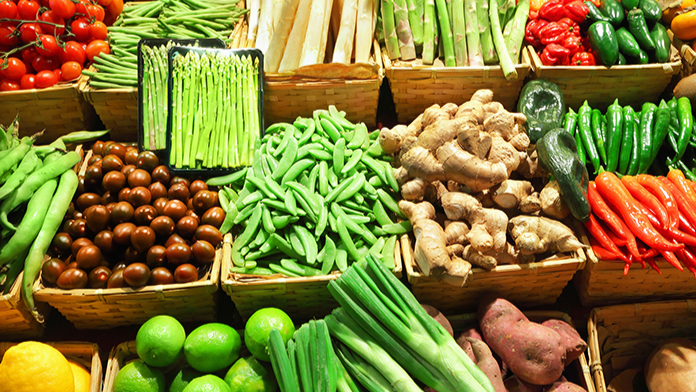In line with the Farm to Fork strategy and United Nations Sustainable Development Goals (SDGs), the EU Commission has recently put forth a proposal to revise the marketing standards for a range of agri-food products. This proposal aims to empower consumers to make informed choices for a healthier diet and combat food waste. By introducing clearer and obligatory rules on origin labeling and addressing food and packaging waste, the EU Commission seeks to promote sustainability and improve the efficiency of the agri-food sector.
One significant aspect of the proposal is the introduction of clearer and obligatory rules regarding the origin labeling of various agri-food products. These include honey, nuts, dried fruits, ripened bananas, and processed fruits and vegetables. By mandating origin labeling, the EU aims to provide consumers with more transparent information about the source of their food. This information enables consumers to make more informed choices, supporting local and sustainable production while fostering trust in the food system.
The revised marketing standards also address the issue of food waste. In an effort to combat this problem, the proposal suggests exempting visually imperfect, yet perfectly edible fruits and vegetables from strict marketing standards. These products can then be sold locally at affordable prices, reducing food waste while improving access to nutritious food. This change not only benefits consumers but also supports farmers by creating new market opportunities for produce that might have been previously discarded solely based on appearance.
The proposed revisions also encompass specific measures to enhance sustainability in poultry and egg production. Solar panel usage is set to be encouraged in free-range egg production, promoting renewable energy sources and reducing carbon emissions. Additionally, improved traceability of eggs will be achieved through on-farm marking, ensuring higher standards of quality and safety for consumers.
The proposed changes will now undergo a period of public comment, allowing stakeholders and the general public to provide feedback and suggestions. This inclusive approach ensures that the revisions take into account various perspectives and concerns. Following the public comment phase, the EU Parliament and Council will conduct a comprehensive review of the proposal before finalizing and publishing the revised marketing standards.
The EU Commission’s proposal also encompasses expanding the scope of marketing standards to include previously uncovered products. Cider, perry, and pulses will now be subject to new marketing requirements, bringing them under the regulatory framework. Additionally, origin labeling for pulses, which are currently not covered by any marketing criteria, will be introduced. This expansion ensures that a broader range of products adheres to quality and sustainability standards, enhancing consumer protection and market fairness.
The EU Commission’s proposal to revise marketing standards for various agri-food products reflects the commitment to promote healthy diets, reduce food waste, and advance sustainability in the EU’s agri-food sector. By introducing clearer origin labeling rules, reducing food waste through the sale of visually imperfect produce, and encouraging sustainable practices in poultry and egg production, the proposal seeks to empower consumers, support local farmers, and foster a more sustainable and transparent food system. Through the upcoming public comment phase and subsequent review by the EU Parliament and Council, these revisions have the potential to shape the future of agri-food marketing standards, making a positive impact on public health, the environment, and the economy.

Recent Comments